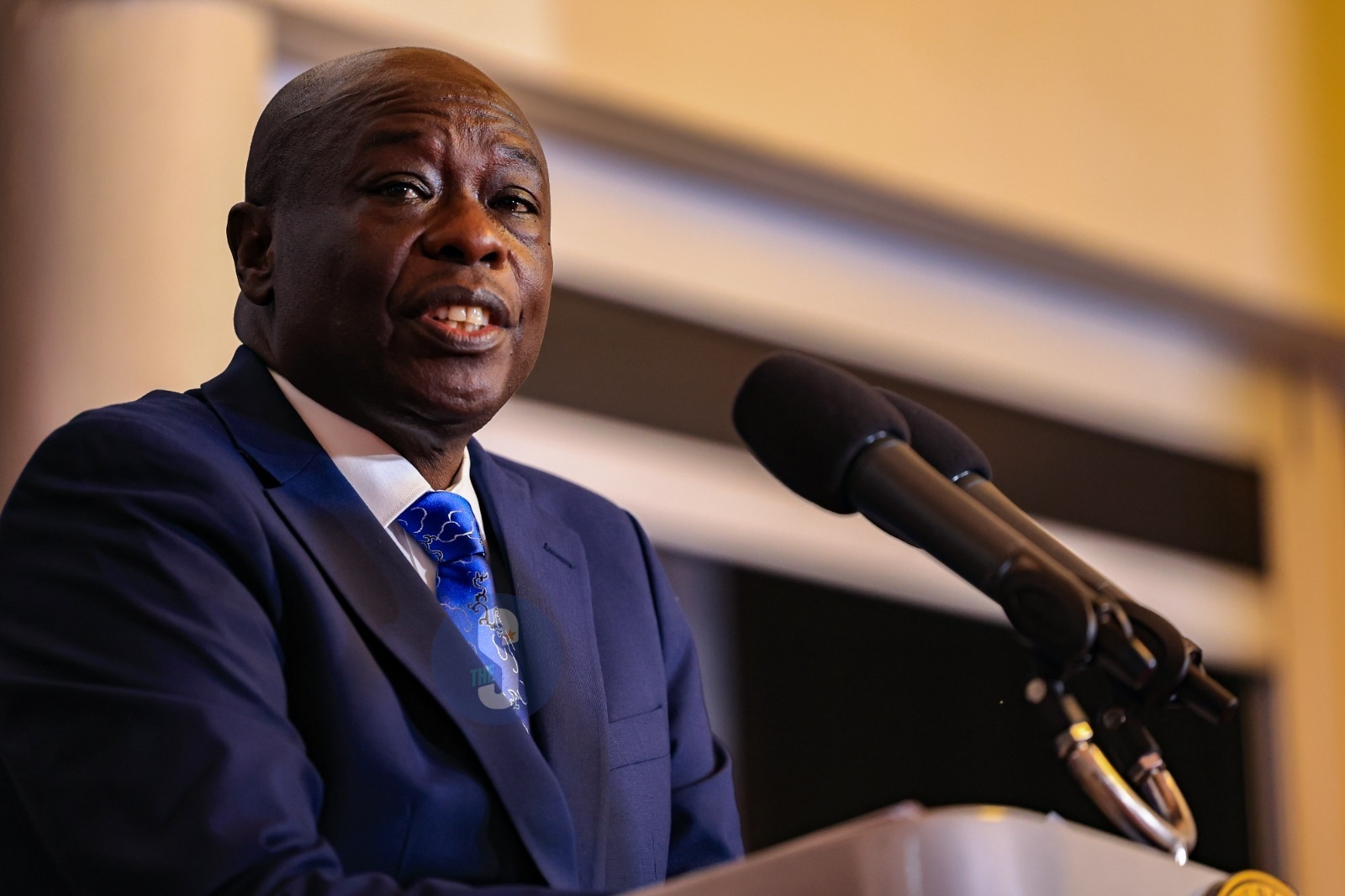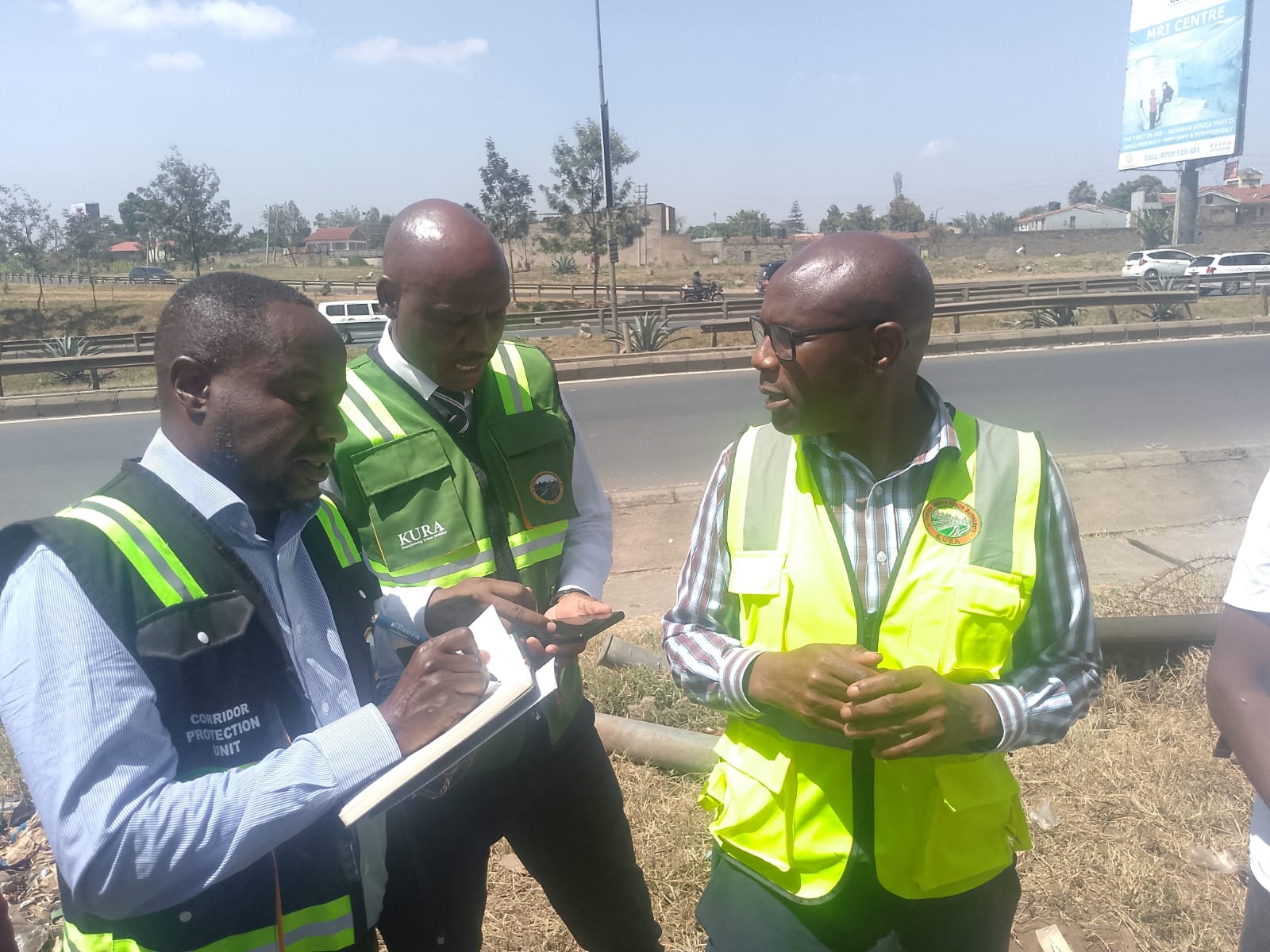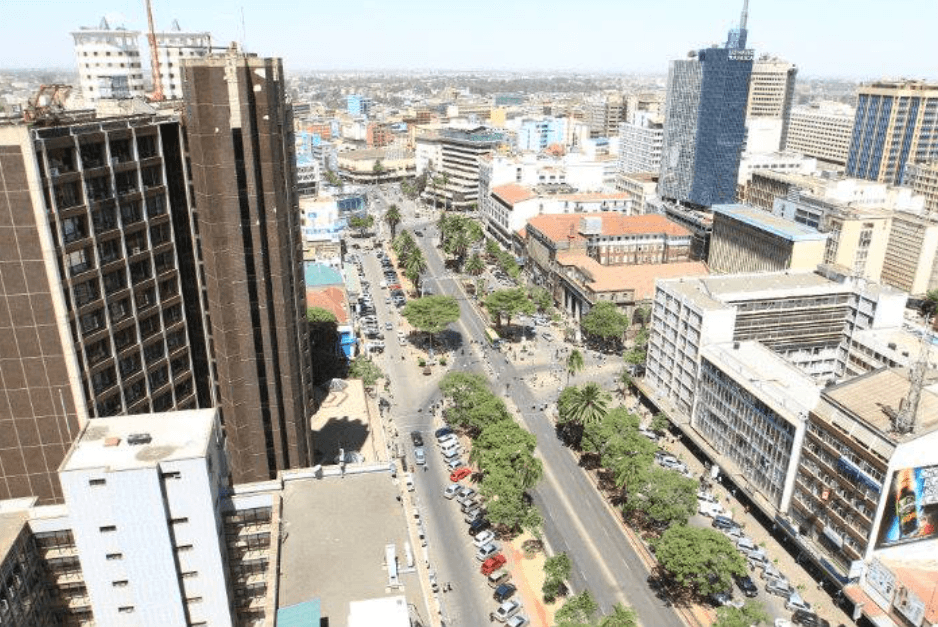Two suspected human traffickers have been arrested in Embakasi and 56 alleged victims rescued.
Detectives from the Transnational Organized Crime Unit (TOCU) domiciled at the DCI headquarters made the arrests, DCI boss Mohamed Amin said in a statement.
The suspected human traffickers are aged 20 and 30 respectively.
“During the operation, the officers raided a residential building, apprehended the offenders and rescued nine minors and 47 adult victims,” Amin said.
“The victims were taken to the Embakasi police station for protective custody while the suspects were escorted to the Muthaiga police station for processing pending arraignment,” he added.
The DCI boss commended his officers for the swift action that led to the arrest saying it’s testament to the department’s commitment to combat human trafficking and protection of vulnerable groups from exploitation.
He urged the public to report any suspicious behaviour in their localities to the authorities and assist in curbing the criminal activity.
Human trafficking is the unlawful act of transporting or coercing people in order to benefit from their work or service, typically in the form of forced labour or sexual exploitation.
The Counter-Trafficking in Persons Act, of 2010 prohibits the trafficking of persons.
“A person who traffics another person, for the purpose of exploitation, commits an offence and is liable to imprisonment for a term of not less than thirty years or to a fine of not less than thirty million shillings or to both and upon subsequent conviction, to imprisonment for life,”
It says a person commits the offence of trafficking in persons when the person recruits, transports, transfers, harbours or receives another person for exploitation.
This can be through threat or use of force or other forms of coercion, abduction, fraud, deception, abuse of power or of position of vulnerability.
The law further criminalises giving payments or benefits to obtain the consent of the victim of human trafficking.
“The consent of a victim of trafficking in persons to the intended exploitation shall not be relevant where any of the means set out above have been used,” the law says.
Kenya has over the years witnessed a number of incidences where human traffickers attempted to use the country as a transit point for their illicit business.













